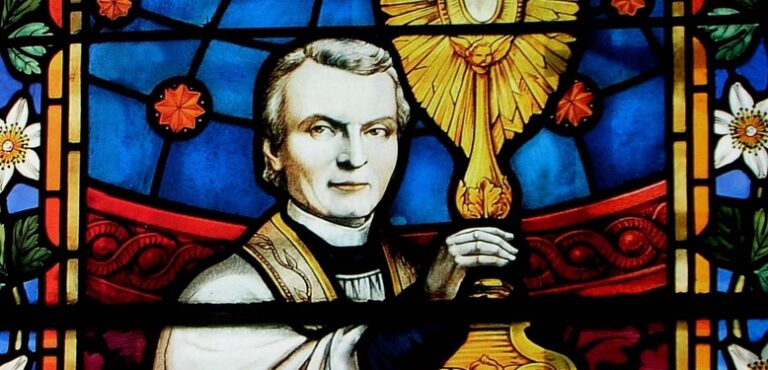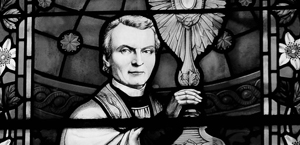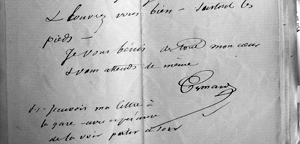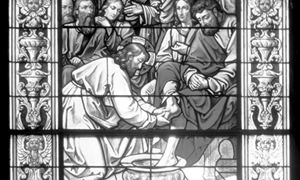Memorial of Saint Bernard, Abbot and Doctor of the Church
…On receiving [their wages, those who had worked longer] grumbled against the landowner, saying, “These last ones worked only one hour, and you have made them equal to us, who bore the day’s burden and the heat.”
Many times, as a priest, people have told me that they liked my homily. As I got older, I concluded that people shouldn’t like my homilies; they should be offended, upset, bothered by them. Homilies should challenge people to grow. The reaction of the workers in today’s parable is an example of that. Their basic complaint was that the owner was not being fair. Jesus was trying to force them to rethink their notion of God. It’s true; God is not fair. God is generous. We don’t earn God’s grace. It is a free gift.
There is another essential element in this story: envy. We tend to resent others getting more than we do. Especially when we think we have worked harder, are more deserving, and see others getting more than we are for doing less. Meritocracy often controls our lives, defines our values, and distorts the way we see others.
The parable ends with the vineyard owner’s question, “Why be envious because I am generous?” Jesus is declaring that God is generous in a way that goes way beyond the norms of human justice. God’s way of relating to us is not based on human merit. Jesus reveals God to be someone whose boundless mercy and generosity can appear scandalous to many, including those who think of themselves as being religious. God’s favor is freely bestowed on those who are unworthy of it. It is an unmerited free gift.
Let Us Pray:
Lord, enable me to rejoice with those whom God blesses. Let me never be consumed by envy for those who receive more than I do.








